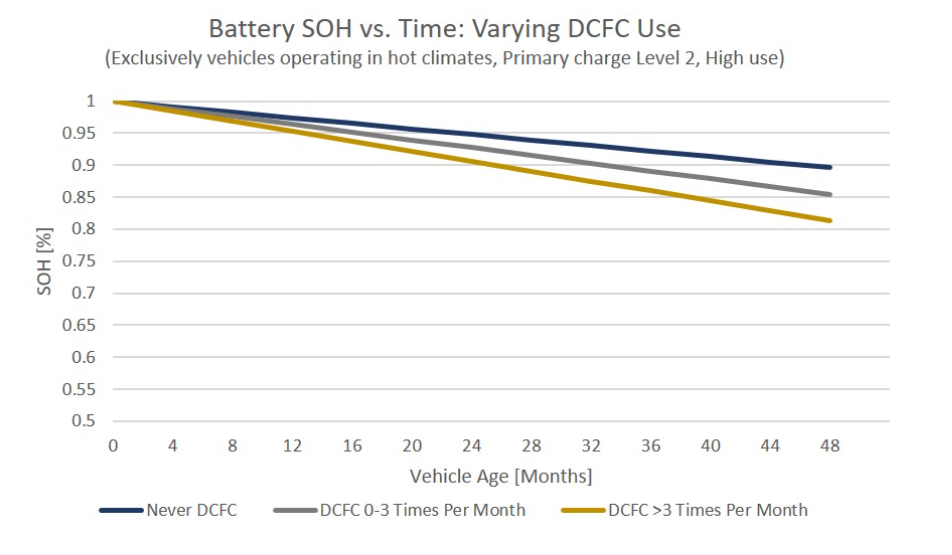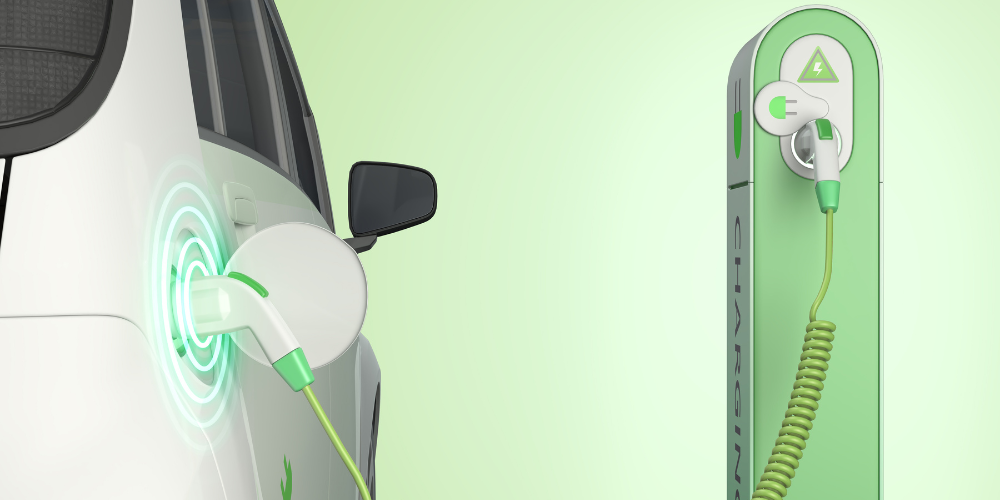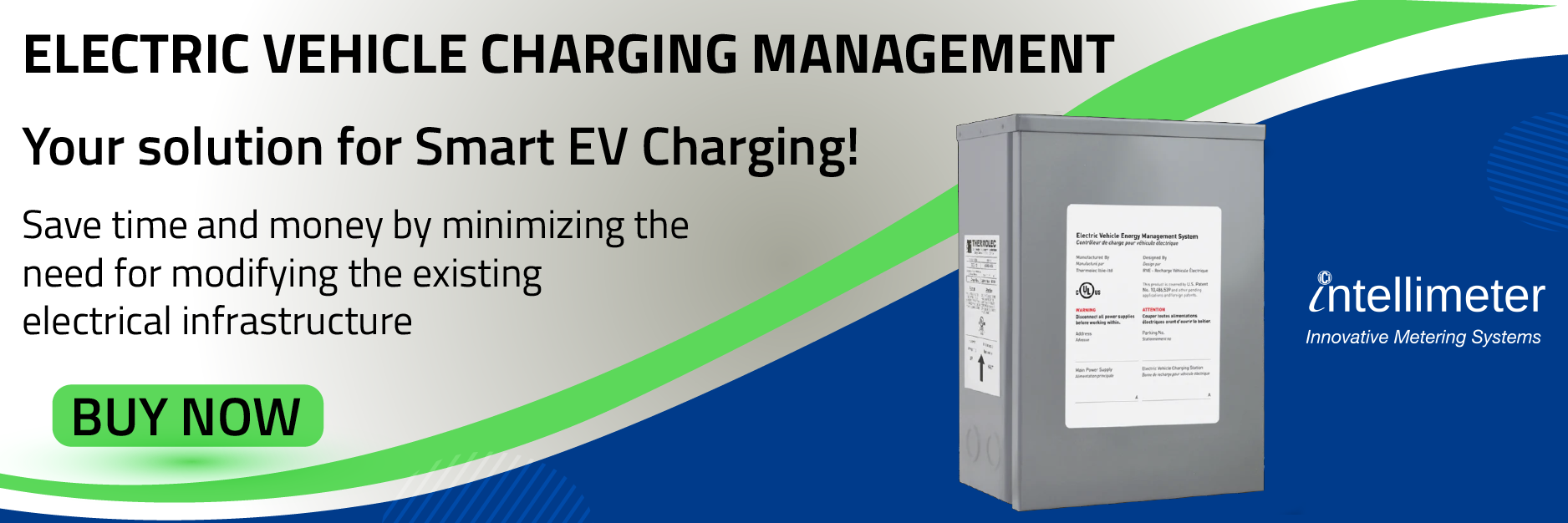Owning an electric vehicle is becoming increasingly convenient and accessible. One of the pivotal aspects of owning an EV is charging, and while public charging stations serve their purpose, there's a myriad of benefits to charging your EV at home. Moreover, opting for slow charging can be a game-changer, offering not only convenience but also safeguarding and extending the life of your EV battery.
While home charging is a cornerstone of the EV ownership experience, almost 1/3 of the population in North- America (Canada Included) lives in Multi-Unit Dwellings. For those in Multi-Residential Buildings, EV Energy Management Systems can direct the building energy that is not used while everyone sleeps towards EV Charging, allowing every EV driver to enjoy similar benefits of home charging as those who live in single detached homes.
The ability to charge your vehicle overnight, while you sleep, eliminates the need for frequent trips or stops to public charging stations. This convenience alone significantly enhances the practicality of owning an EV, especially for daily commuters who on average drive less than 35 miles per day. With a home charging setup, you can wake up every morning with enough charge on the battery, ready to embark on your daily adventures without the hassle of waiting in queues or worrying about charging availability.
Unlike relying solely on public charging infrastructure, where availability and charging speeds may vary, home charging allows you to charge while you sleep, and tailor your charging schedule to take advantage of Time-Of-Use rates with lower electricity costs (if available). Home charging empowers you to make choices that align with your needs and preferences.
One of the primary advantages of Level-2 charging is its gentle approach to replenishing the battery. Unlike fast charging methods that subject the battery to high levels of heat and stress, slow charging delivers a steady stream of energy, minimizing thermal stress and reducing wear on the battery cells. This gentle charging process can significantly mitigate the risk of battery degradation, ultimately prolonging the lifespan of the battery pack.
Beyond the convenience and control it offers, home charging, particularly when utilizing slow charging methods, can play a pivotal role in preserving and extending the life of your EV battery. A study by Geotab, shows the difference in degradation of the Battery State of Health (SOH) over time (or age) based on the frequency of the use of DC Fast Chargers. While slow charging may not offer the lightning-fast charging speeds of DC fast chargers, when charging overnight, speed does not matter.

Furthermore, slow charging overnight can be particularly advantageous for EV owners who prioritize energy efficiency and sustainability. By charging at a slower rate overnight, you help the utility to flatten the Demand curve. In jurisdictions where the base load is supplied with renewables like nuclear or hydro, you are filling the tank with clean energy, compared to fast charging during the day when you'd be using peak energy typically supplied by fossil fueled generation. Ultimately, slow charging minimizes your carbon footprint and contributes to environmental conservation efforts.
In conclusion, charging an EV at home offers a multitude of benefits, from convenience and control, to sustainability and cost-effectiveness. When coupled with slow charging, these benefits are further amplified as slow charging provides a gentle and sustainable approach to charging that can safeguard the longevity and performance of your EV battery. By embracing home charging and adopting slow charging practices, EV owners can unlock a more efficient, reliable, and environmentally friendly driving experience, paving the way for a greener future on the roads.


